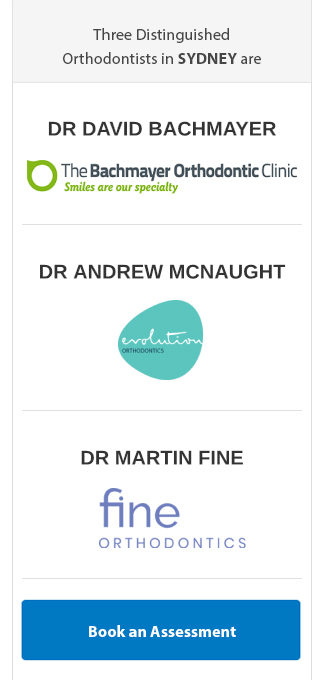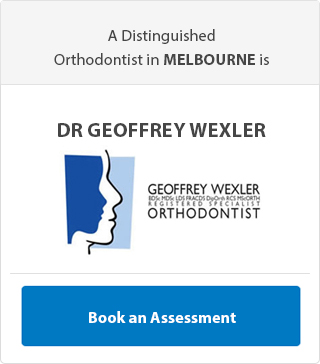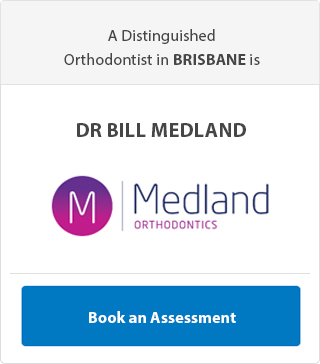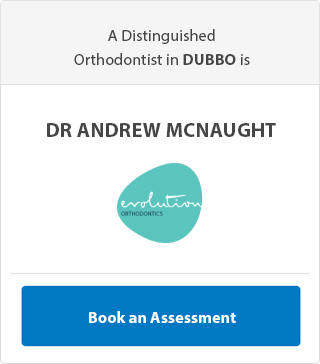
If you or your teen need braces, but are conscious of your appearance, you’re not alone. Studies show that more than half of Australians are self-conscious about their smile. Teeth straightening technology has certainly come a long way, and there are now an array of treatment options to choose from. One of the most recent orthodontic treatments, lingual braces (or inside braces), is proving popular for people who are worried about the appearance of braces.
What You Need to Know About Lingual Braces
Traditional metal braces, as you know, are placed on the front of your teeth. Lingual braces, though, are placed behind the teeth. The braces are almost invisible, which makes them a popular choice amongst adult and teenagers alike.
Lingual Braces Have Many Benefits
The biggest benefit to lingual braces is their discretion while your healthier smile is in progress. For adults, especially, wearing visible metal braces is not ideal in professional or social situations. Since lingual braces are attached behind the teeth, they give you access to the benefits of traditional braces without being obvious. In fact, lingual braces are the most invisible option available.
What’s more, these braces are just as efficient when it comes to correcting rotations, evening out the height of your teeth and closing gaps. The braces are custom fit, too, for the utmost efficiency and precision of your orthodontic treatment.
Are You a Candidate for Lingual Braces?
While metal braces are still common, there are other options, including lingual braces. With this option, the wires, elastics and brackets are all mounted to the back of the teeth. Hidden from plain sight, these braces can correct your smile without anyone else knowing.
But before you rush into lingual braces, there are a few pros and cons that will help you decide whether or not they’re right for you.
1. It’s All About the Bite & Severity
While a variety of bite problems can be fixed with lingual braces, there are concerns that these orthodontic appliances cannot help with a severe overbite. Sometimes, overbites can bear too much pressure on the brackets. Your orthodontist will be able to advise on the severity of your case and if Lingual braces are an appropriate option.
2. Different Drawbacks for Different People
As with any kind of orthodontic treatment, there are drawbacks to consider. Keep in mind that these vary from one person to another. Some issues you might or might not encounter with lingual braces include:
-
A Sore Tongue
Since your tongue will rub against the lingual braces at the beginning of treatment, it may cause some discomfort. Eventually, your tongue will adjust and become used to the appliance. In the meantime, you can rinse out your mouth with a warm saltwater solution to help it heal against the sharpness of the brackets. Orthodontic wax placed on the brackets’ edges can also help.
-
Difficulties with Speech
Since the braces sit behind your teeth, it will feel strange at first. This may cause you to experience speech difficulty, like a whistling sound or a lisp as you get used to your new appliances. But eventually your tongue will get used to finding a different position in the mouth. Try to practice talking and reading out loud until your speech returns to normal.
-
Be Vigilant when Cleaning Your Teeth
Since the braces sit behind your teeth, it can be tougher to get rid of the plaque and food stuck between your braces and your teeth. Speciality dental flosses and an electric toothbrush can be helpful. During treatment with lingual braces, cleaning your teeth properly can be a little more time consuming, but it’s well worth it for the long-term benefits of a straighter, healthier smile.
-
Watch What You Eat
As with metal braces, there are some foods you should avoid when you have lingual braces. Try to avoid foods that are very crunchy or hard, or those that are sticky. Food that gets stuck behind your teeth can be hard to reach. Cutting food into smaller pieces can be a strategy to use to avoid damaging your braces.
-
The Cost
Lingual braces tend to be more expensive than traditional braces. If you are on a budget, you might want to consider traditional metal braces instead. Generally, these are a little easier on the pocket. However, remember you can always ask about payment options to help you budget during orthodontic treatments.
3. The Pros Outweigh the Cons
When it comes to figuring out whether or not lingual braces are right for you, remember that not everyone will have the above issues.
Thankfully, the technology used to create lingual braces is improving all the time. The brackets are much smaller than they used to be, and much smoother and rounded so they cause less irritation to the tongue.
What’s more, everybody’s experience is different. Your braces are designed just for you, so what may bother one person may not bother you at all.
Considering Lingual Braces
If keeping your braces hidden is the most important thing to you, this could be the right orthodontic treatment.
The key is to thoroughly research all your options and discuss them with your orthodontist before making a final decision. Your orthodontist will talk you through the pros and cons of each treatment, so you can, together, decide on the best treatment for you.
If you’re considering lingual braces and want to know more, it’s time to talk to your orthodontist: book a consultation at Profile Orthodontics today to discuss lingual braces.






